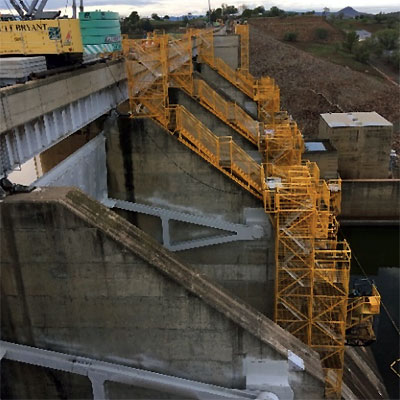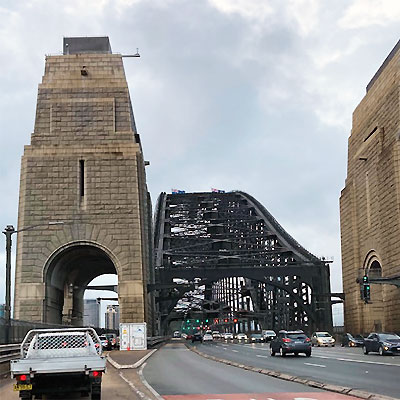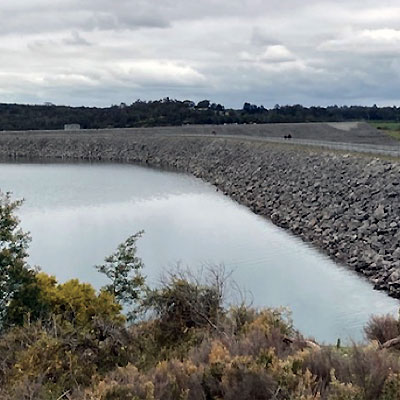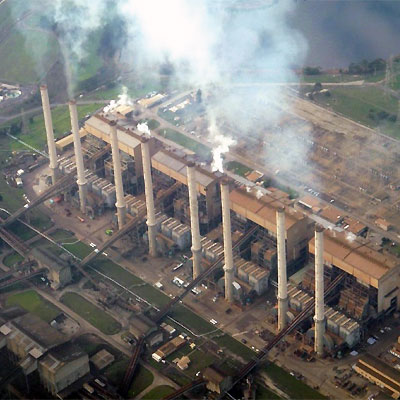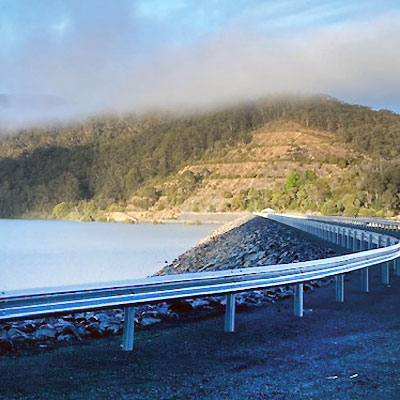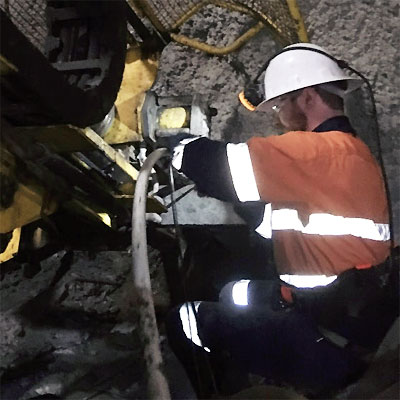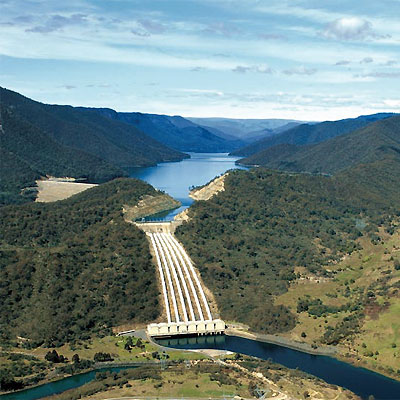
In line with Australia’s commitment to reduce carbon
emissions and move towards renewable energy, Snowy
2.0 is a major project estimated to cost in the region of
A$5.2 billion.
Early feasibility studies investigated the viability of a
tunnel linking Lake Talbingo and Lake Tantangara.
Situated underground, along the tunnel would be the
power station housing six turbines capable of generating
2000 megawatts. Power generation is not expected until
2025.
The initial site investigation by SMEC and GHD led to
HMA Geotechnical being awarded the instrumentation
installation work.
HMA Geotechnical began installation work in November
2017 and completed the work in February 2021
